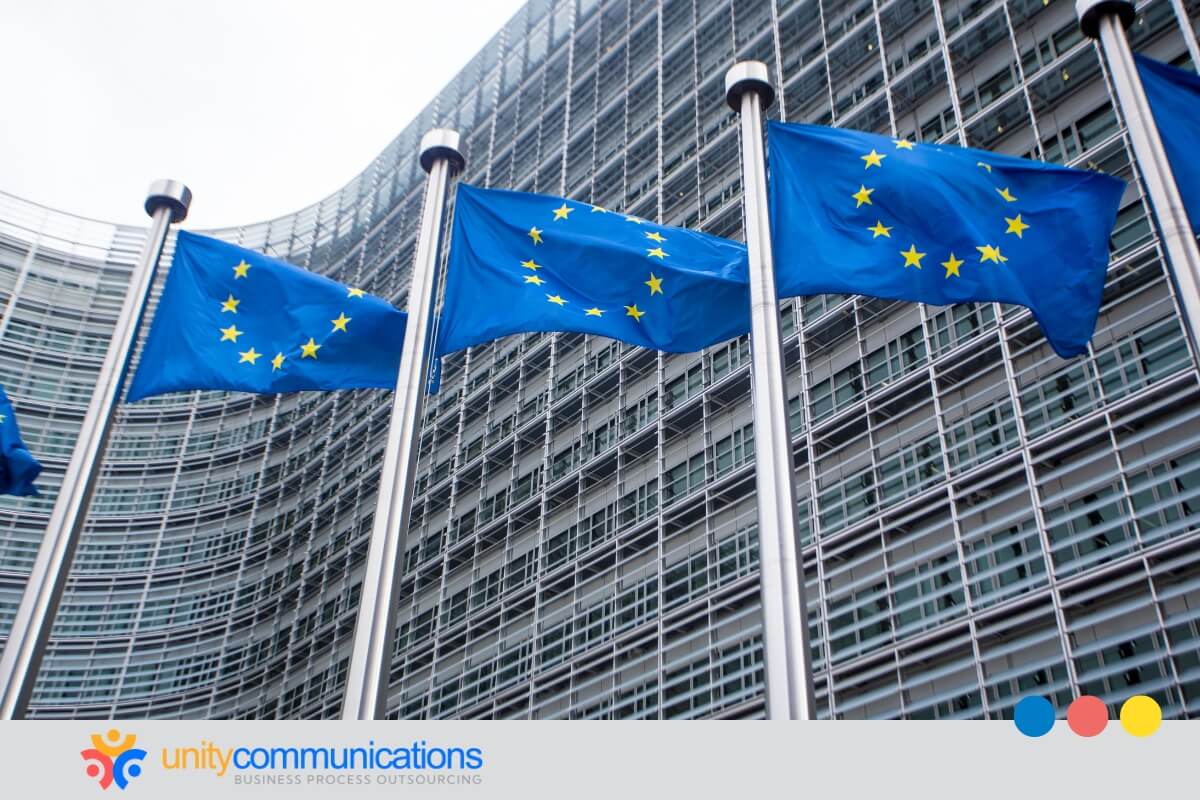Kenya has established itself as a leading hub for business process outsourcing (BPO) services, fueled by the strategic integration of artificial intelligence (AI).
Experts predict AI will significantly contribute to the sector’s growth, estimated at $254 million in 2024. Meanwhile, its continued adoption could boost the expected revenues of four African nations—Nigeria, Ghana, Kenya, and South Africa—by up to $136 billion by 2030.
AI boosts Kenya’s BPO sector
Kenya’s growing digital economy and skilled workforce make it an attractive destination for BPO companies. It includes the U.S.-based BPO company Sama, which is expanding its operations in East Africa.
In a public lecture on generative AI at the University of Nairobi, Sama CEO Wendy Gonzales emphasized the country’s increasing global BPO market share due to its expanding digital economy. She further noted that Kenya has generated $500 million in global business services revenues, surpassing other African markets such as Mauritius, Nigeria, Rwanda, and Ghana.
Gonzales added that Kenya’s digital training and education advancements—generative AI included—have made it popular for businesses seeking a highly skilled workforce. She predicted that by 2030, more than half of Kenyan jobs will require digital skills.
AI has been instrumental in driving the BPO sector’s growth. Kenyan businesses use AI-powered technologies to automate routine tasks, enhance efficiency, and improve customer experiences. For instance, chatbots handle customer inquiries to let human agents focus on more complex issues.
Government initiatives for AI adoption and regulation
According to John Tanui, principal secretary for information and communication technologies (ICT) and the digital economy, generative AI could boost the world economy between $2.6 trillion and $4.4 trillion annually. This growth potential emphasizes the government’s need to invest in research and development and establish policies and frameworks that uphold citizens’ rights and encourage innovation.
The Ministry of Information, Communications, and the Digital Economy leads the development of a National AI Strategy, collaborating with various stakeholders. This draft strategy is expected to be finalized later in 2024.
In addition, the Kenya Bureau of Standards (KEBS) released the Draft AI Code of Practice. The framework outlines rules for ethical AI creation and use and protection of individuals’ rights while creating AI systems.
However, computer scientist Shikoh Gitau argues that Africa should first focus on building a robust AI ecosystem before prioritizing regulations. In her paper, she stressed the importance of fully understanding the technology and investing in its development. For her, easing ecosystem barriers should precede legislation to position Africa as an AI leader.
Read more Unity Communications and BPO news on our main page.
White & Case. (2024, June 20). AI Watch: Global regulatory tracker – Kenya. Retrieved September 5, 2024, from https://www.whitecase.com/insight-our-thinking/ai-watch-global-regulatory-tracker-kenya
Tsanni, A. (2024, March 15). Africa’s push to regulate AI starts now. MIT Technology Review. Retrieved September 5, 2024, from https://www.technologyreview.com/2024/03/15/1089844/africa-ai-artificial-intelligence-regulation-au-policy/
UNESCO. (2024, May 22). Shaping Kenya’s AI Future: UNESCO Contributes to National AI Strategy Formulation. Retrieved September 5, 2024, from https://www.unesco.org/en/articles/shaping-kenyas-ai-future-unesco-contributes-national-ai-strategy-formulation







